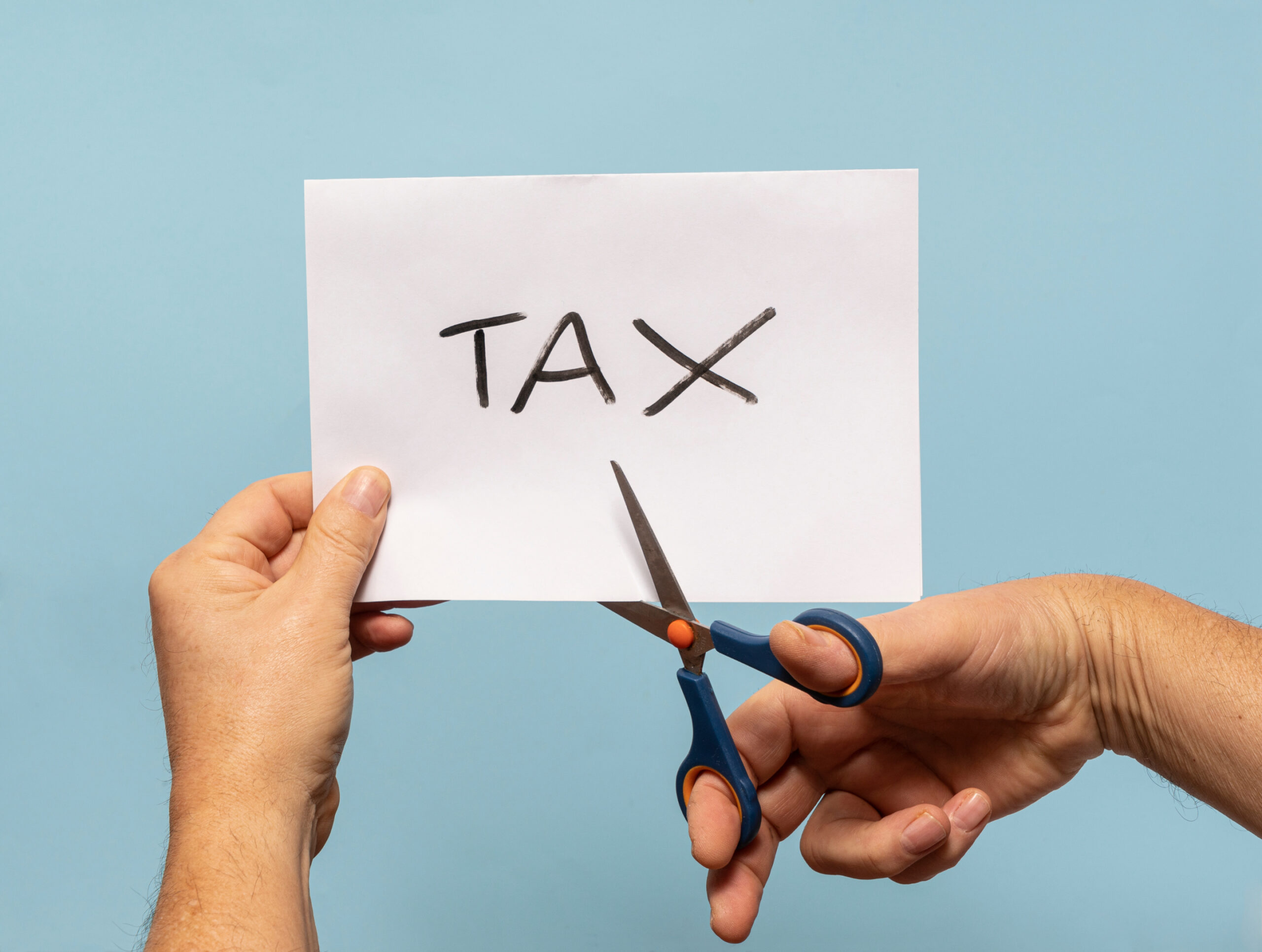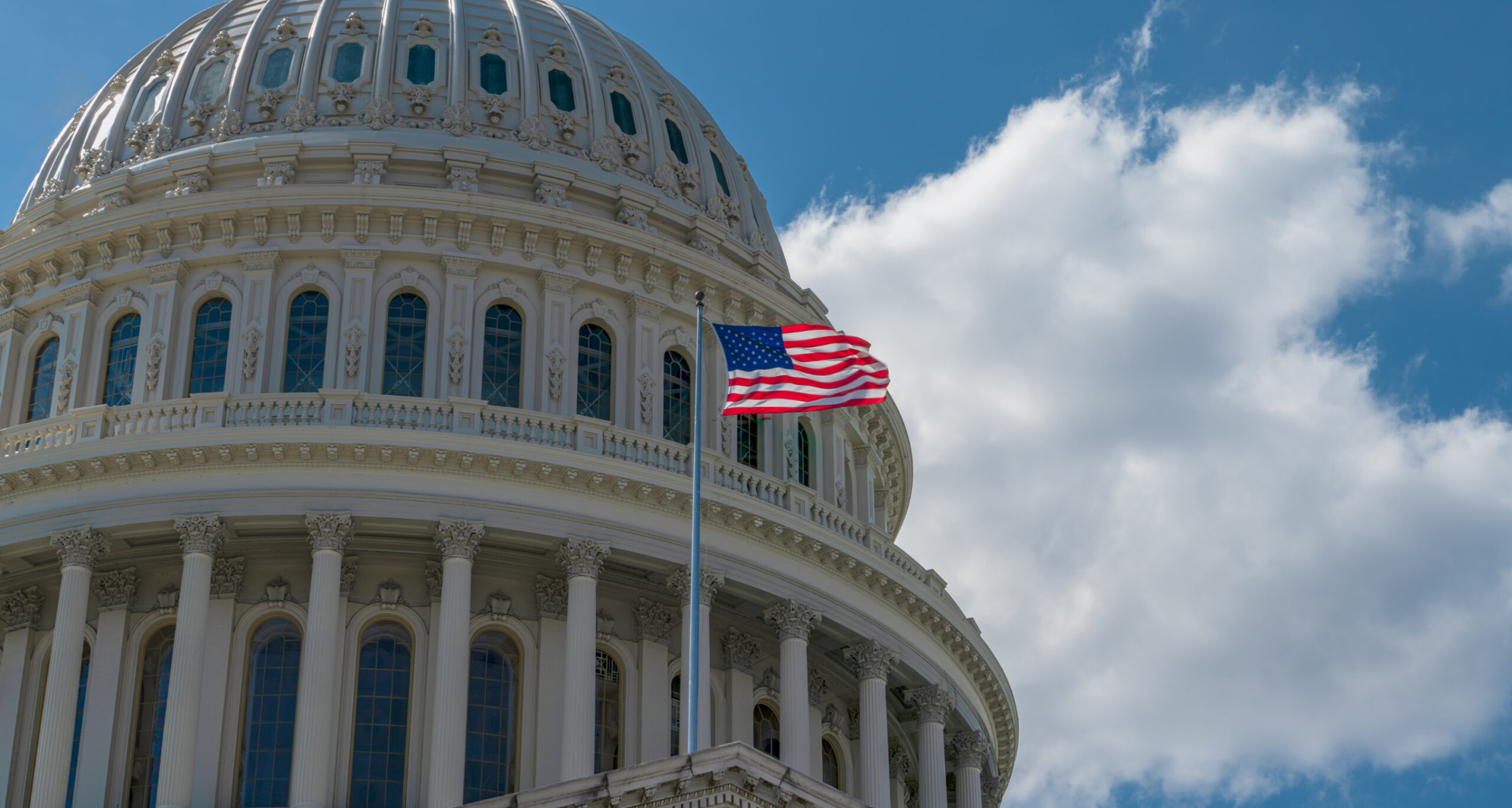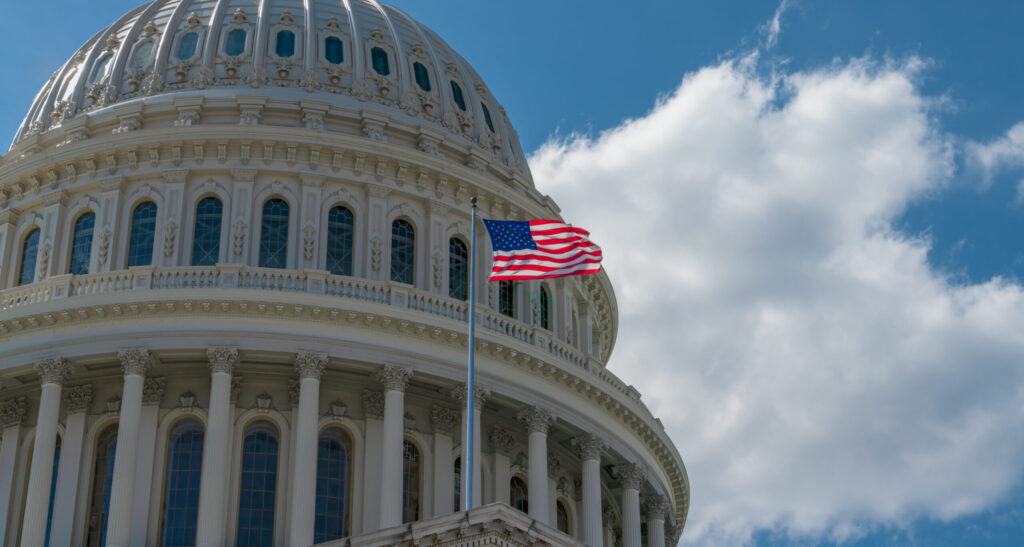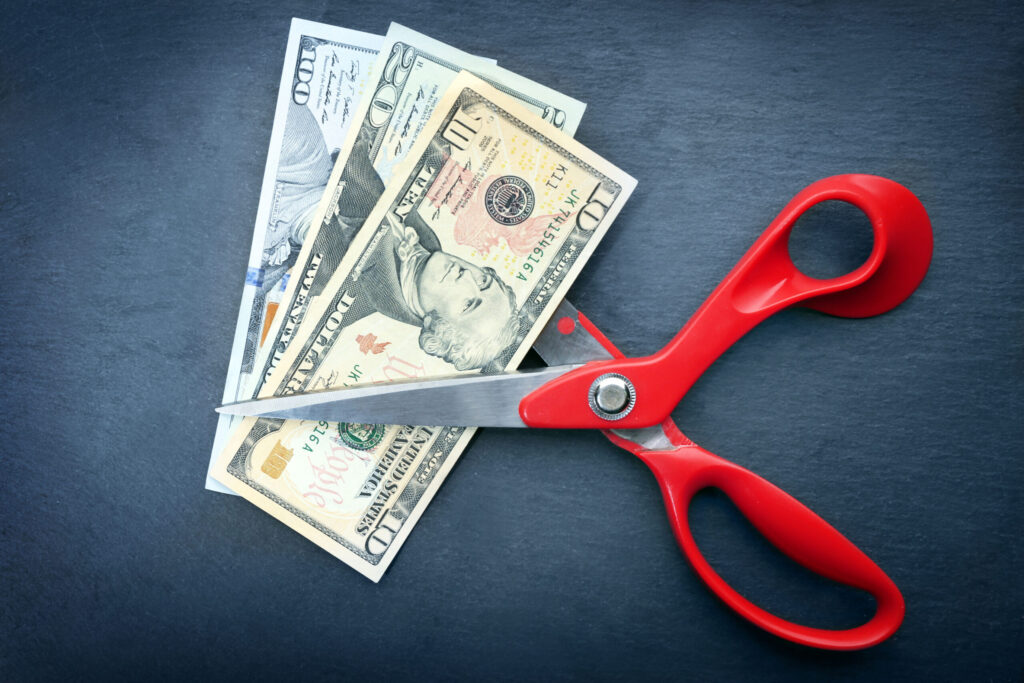Could South Carolina’s Tax Overhaul Lead to a 3.99% Flat Tax Rate by 2026?

South Carolina’s state leaders are taking bold steps to revamp the state’s income tax system in an effort to make the state more competitive and attractive for residents and businesses alike. On March 25, 2025, the South Carolina General Assembly introduced House Bill 4216, a sweeping tax reform proposal that aims to reduce income taxes significantly, simplify the tax structure, and ensure long-term economic growth. If passed, the bill will lower the state’s income tax rate to a flat 3.99%, a drastic reduction from the current top rate of 6.2%. This move is part of a larger strategy to align South Carolina’s tax structure with neighboring states, many of which have already adopted lower or flat tax rates.
Under the proposed legislation, the new flat tax rate of 3.99% would take effect for the 2026 tax year, meaning that residents would not see the change reflected until they file their taxes in 2027. The goal is to reduce South Carolina’s standing as one of the highest-taxed states in the Southeast. Republicans have long criticized the state’s top income tax rate for creating an image that South Carolina is one of the highest-taxed states in the region, even though the effective rate — what tax filers actually pay — is lower compared to other states. With the implementation of this bill, the state hopes to lower the tax burden on residents while encouraging business investment and population growth.
The new flat tax rate is not just a political gesture; it’s a strategic move aimed at making South Carolina more attractive for economic development. In comparison, Florida and Tennessee are the only two states in the region with no state income tax, which puts them at a competitive advantage in attracting businesses and residents. Meanwhile, neighboring Georgia and North Carolina have flat tax rates of 5.39% and 4.25%, respectively. By reducing the state’s income tax to 3.99%, South Carolina hopes to position itself as a more favorable destination for both individuals and businesses looking for a lower tax burden.
One of the key features of the bill is that the state’s tax system will no longer be tied to federal tax law, which currently allows deductions for mortgage interest, property taxes, and other personal exemptions. Instead, the new system will base state taxes on adjusted gross income, similar to how most other states operate. This shift is designed to simplify the tax process, making South Carolina’s tax code more comparable to its neighbors and more competitive overall.
While the proposed flat tax is designed to lower taxes for many South Carolinians, it will also likely require some taxpayers to pay more. The plan is intended to be fair and inclusive, ensuring that a broader range of people contribute to the state’s revenue. Currently, about 44% of tax filers in South Carolina pay no state income taxes, while the top 10% of filers account for the majority of the total tax revenue. This means that the flat tax rate will spread the tax burden more evenly across income groups, helping to ensure that everyone contributes a little something to the state’s economy.
In addition to the flat tax rate, the bill introduces a new personal exemption for lower-income residents. Those making up to $40,000 will see a tax break, and single filers will receive a $6,000 exemption, while married couples will be eligible for $12,000. This measure is designed to provide relief to middle-income earners while ensuring that the state continues to collect enough revenue to fund essential services.
While the proposed tax cuts are expected to provide more disposable income for residents, they will also come with a cost to state revenues. Under the new plan, the state will lose about $200 million in tax revenue each year, but the phased reduction in the tax rate is expected to have a minimal impact on the state’s overall budget. According to House Ways and Means Chairman Bruce Bannister, the revenue loss is manageable, and the state will continue to monitor revenue growth to ensure that future tax cuts can be sustained.
Republican leaders are optimistic about the bill’s potential to stimulate economic growth. House Speaker Murrell Smith has emphasized that the proposal will make South Carolina more competitive by providing businesses with the incentives they need to invest in the state. The state’s Chamber of Commerce has also supported the plan, calling it a historic move that would significantly improve the state’s economic landscape. By lowering the income tax rate and making the tax system more efficient, South Carolina hopes to attract more businesses and create more jobs with higher wages.
Democrats, however, are taking a wait-and-see approach. While some have expressed support for tax cuts, there are concerns about how the proposal might impact low-income residents and government services. Rep. Roger Kirby, the assistant minority leader in the House, has pointed out that it’s important for lawmakers to ensure that the tax changes don’t disproportionately affect those who are already struggling. He also noted that while the tax cut may improve South Carolina’s attractiveness for businesses, it’s crucial to maintain adequate funding for public services and essential programs.
In terms of implementation, the bill requires the South Carolina Department of Revenue to adjust employers’ withholding tables to reflect the new tax structure. This means that employees will see a reduction in the amount of tax withheld from their paychecks starting in 2026, resulting in higher take-home pay. However, the trade-off is that taxpayers may receive smaller refunds when they file their taxes in the spring of 2027, as less tax will have been withheld throughout the year.
Overall, House Bill 4216 represents a major shift in South Carolina’s tax policy, with the potential to reshape the state’s economic future. While there are still unanswered questions about how the plan will affect different income groups, its bold approach to lowering taxes and simplifying the system could have far-reaching benefits for the state’s residents and businesses. With widespread support from Republicans and the business community, the bill is expected to move quickly through the legislative process, with final approval anticipated later this year. If it is passed, it will set the stage for a more competitive and attractive South Carolina, positioning the state for sustained economic growth in the years to come.
RECENT










BE THE FIRST TO KNOW
More Content By
Think American News Staff











